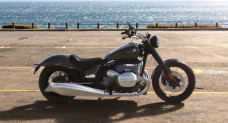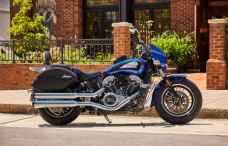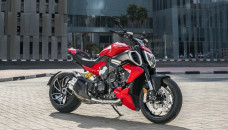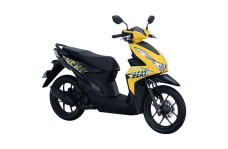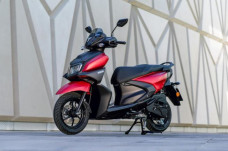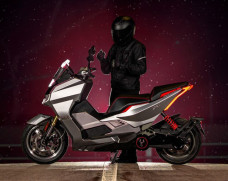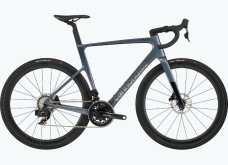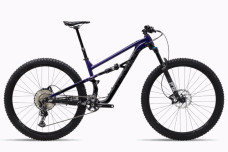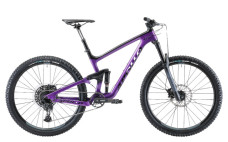Sell your bike at the Largest Used Bike Marketplace and get the highest price.
Why Sell With Bikes4Sale?
- • Dedicated bike portal, started in 2007.
- • More than 5,00,000 bikes sold till date.
- • No commission on sale.
- • Usual time to sell between 1 to 3 weeks.


 Fastest Cruiser Motorcycles Available in US for 2024
Fastest Cruiser Motorcycles Available in US for 2024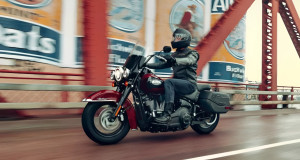 Best Cruiser Motorcycles in US for 2024
Best Cruiser Motorcycles in US for 2024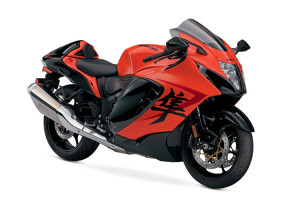 New Suzuki Hayabusa 25th Anniversary Edition Hits Roads Worldwide at $19,599
New Suzuki Hayabusa 25th Anniversary Edition Hits Roads Worldwide at $19,599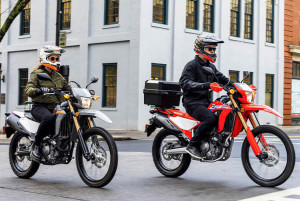 Top Expensive Dual Sport Motorcycles in US For 2024
Top Expensive Dual Sport Motorcycles in US For 2024 Top 4 Electric Sport Motorcycles in the US (2024)
Top 4 Electric Sport Motorcycles in the US (2024)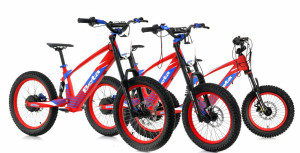 Beta Unveils E-Kinder Race E-Bikes: Starting at $1390
Beta Unveils E-Kinder Race E-Bikes: Starting at $1390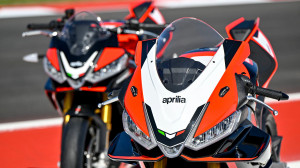 Aprilia Introduces Special Edition Models: Aprilia RSV4 Factory SE-09 SBK and Tuono V4 Factory SE-09 SBK
Aprilia Introduces Special Edition Models: Aprilia RSV4 Factory SE-09 SBK and Tuono V4 Factory SE-09 SBK Top 10 Sport Motorcycles in the US for 2024
Top 10 Sport Motorcycles in the US for 2024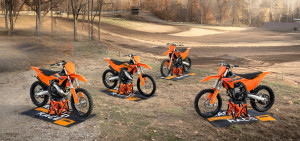 KTM Unveils 2025 SX and SX-F Motocross Range: Full Details Revealed
KTM Unveils 2025 SX and SX-F Motocross Range: Full Details Revealed Top 5 Electric Dirt Bikes in the US (2024)
Top 5 Electric Dirt Bikes in the US (2024)
